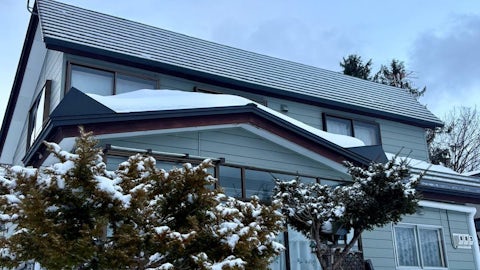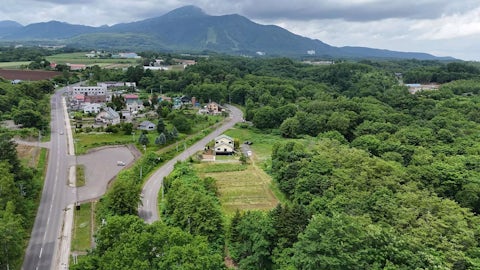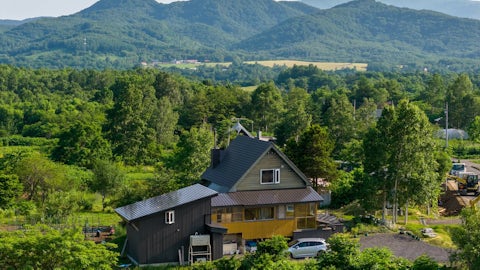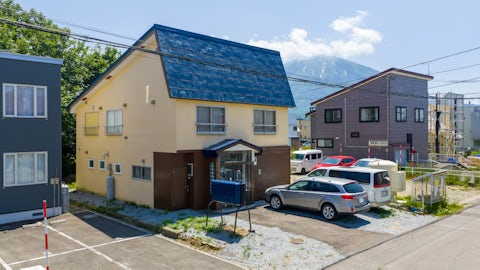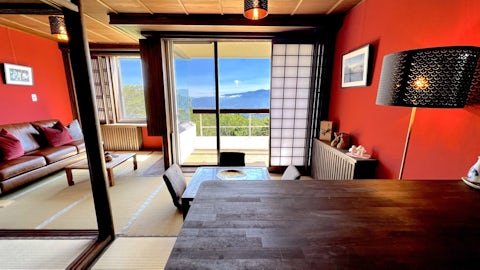
Renowned for their powdery snow and vibrant winter sports scene, Japan's ski resorts attract over 14 million visitors yearly and contribute billions of yen to the national economy. To ensure these destinations remain world-class amidst changing climatic conditions, many resorts are embracing innovation, sustainability, and adaptability.
Consistently captivating winter enthusiasts
Globally, Japan's ski destinations like Niseko, Hakuba, and Nozawa Onsen continue to deliver exceptional skiing experiences, especially for those seeking powder snow. These resorts also provide luxurious accommodations, revitalising onsen and fine dining, ensuring a comprehensive and enjoyable experience for all visitors.

Slope and terrain management
Japanese ski resorts are pioneering sustainable winter tourism through various initiatives. Many resorts are implementing eco-friendly snowmaking technologies powered by renewable energy, optimizing slope and terrain management with fuel-efficient machinery and adjusted grooming schedules to preserve snowpack and minimize carbon footprint. Additionally, bioengineering methods such as soil stabilization and seasonal planting strategies are being adopted to enhance vegetation and biodiversity.

Climate advocacy and education
To address climate change in winter sports, many resorts have partnered with local governments and organizations to advocate for decreasing carbon emissions and raise awareness about the urgent need for action.

Political analyst Kenji Suzuki noted that Japan is known for its resilience, and it’s time for the ski community to embrace innovation. He added that each season holds potential if the community learns to adapt quickly. The Japanese government has also addressed efforts to invest heavily in summer tourism to create new income streams and reinforce local traditions and economies.
Renewable energy adaptation & Energy conservation
Ski resorts have embraced sustainability practices by implementing water and energy conservation measures. These include reusing grey water and meltwater, and providing shuttle services to reduce private vehicle use. Additionally, both locals and tourists are actively involved in energy conservation efforts and investments in renewable energy sources and electric vehicles.

Hokkaido receives more than 40% of its power from renewable sources such as solar, wind, biomass, hydropower, and geothermal energy, with plans to increase this to 60% by 2030. This makes it an attractive destination for environmentally conscious travelers and investors seeking sustainable property options.
Despite the challenges posed by climate change, Japan's ski resorts are adapting and remain a top winter destination. As the industry evolves, there are opportunities for investors to support sustainable practices and preserve the ski lifestyle. By prioritizing sustainability, these resorts can continue to offer exceptional experiences and attractive investment opportunities.
